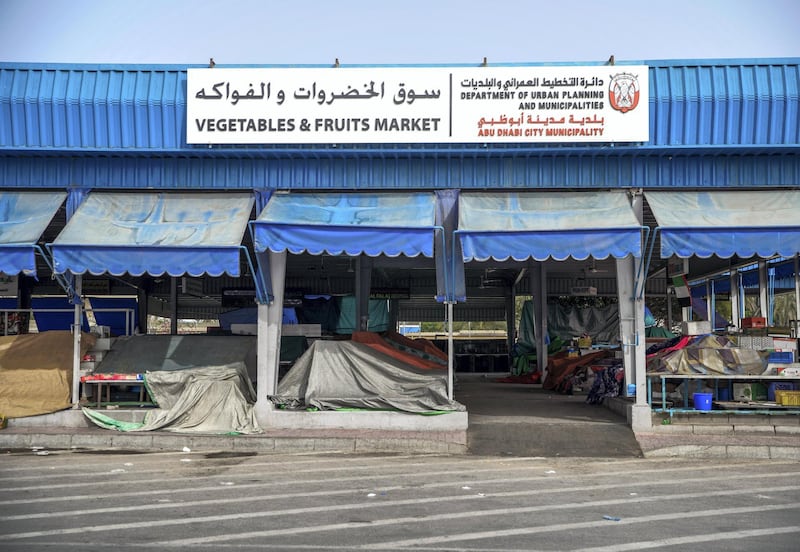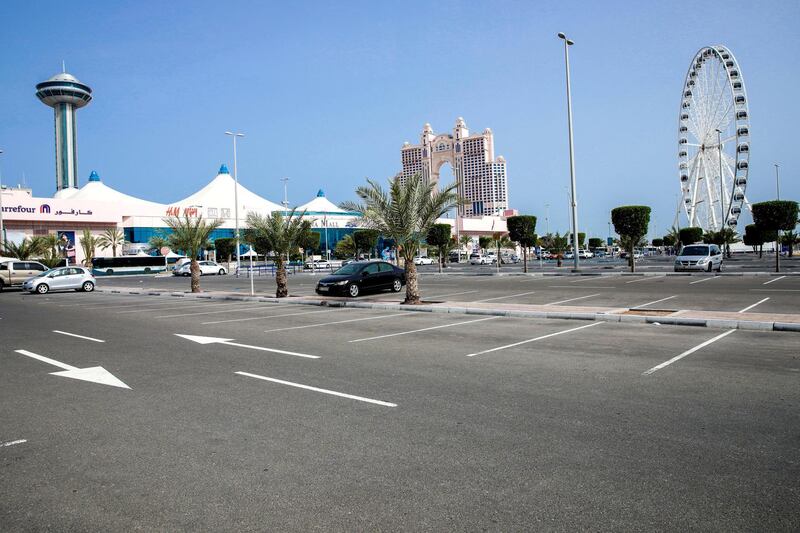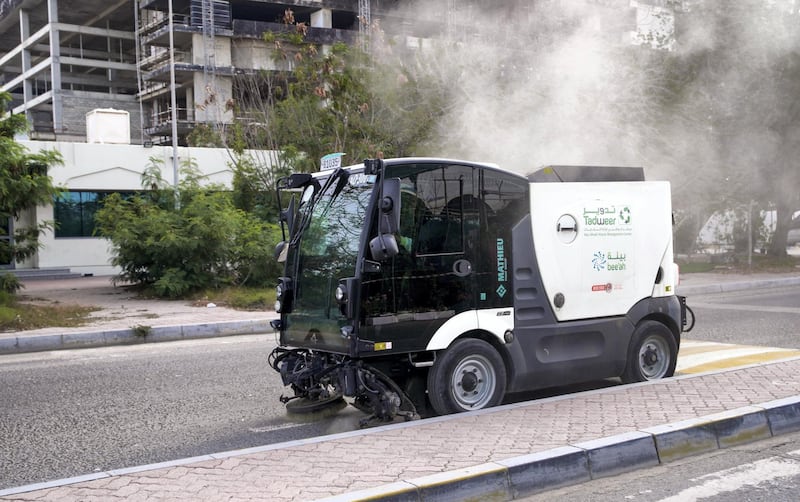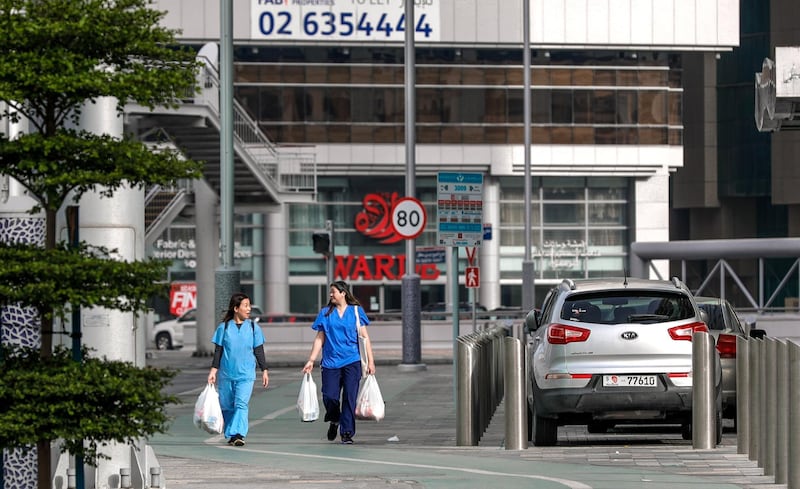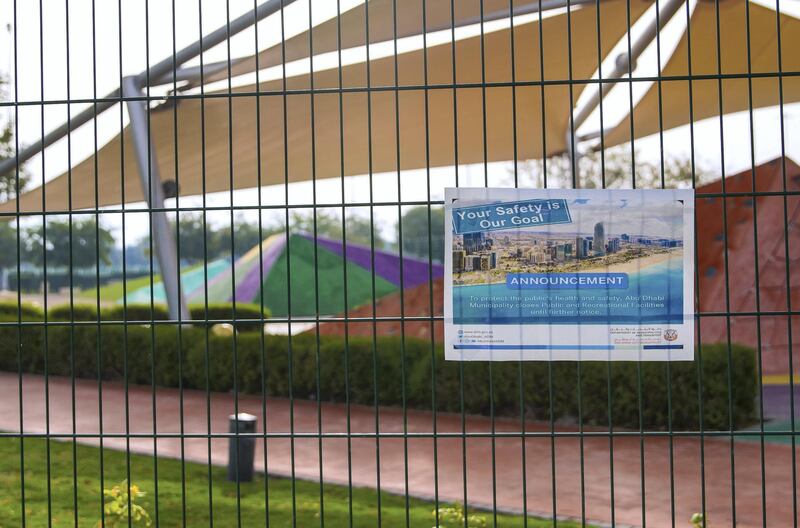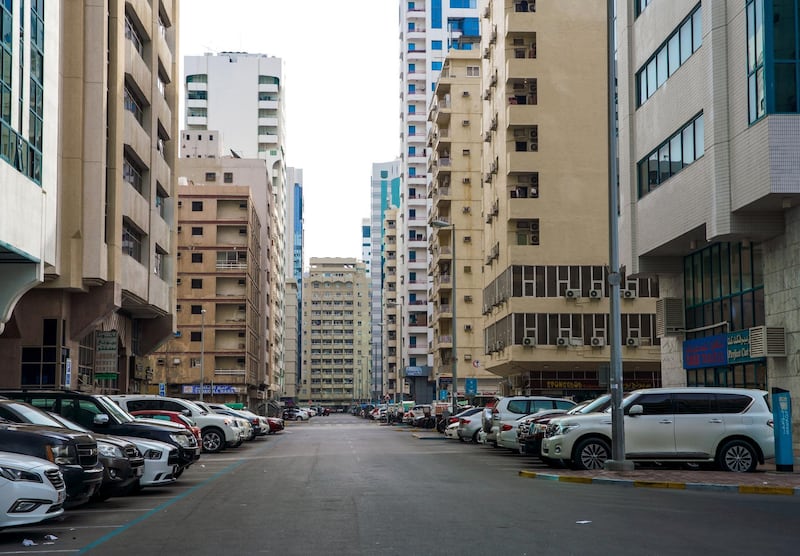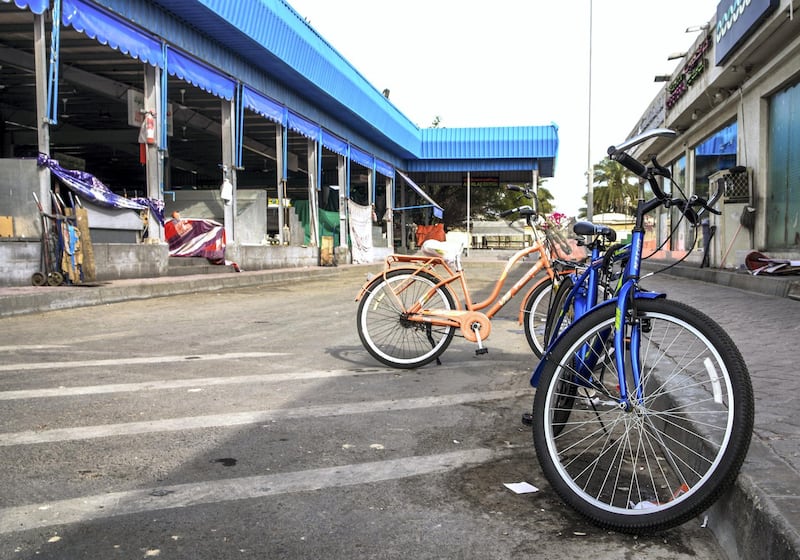While the world awaits the development of a vaccine against the Covid-19 virus, the fate of those infected lies with the only proven weapon against it: the human immune system.
Millions of years in the making, this ecosystem of cells and biomolecules forms a defence system of staggering sophistication.
And the well-being of billions of people rests on understanding how it works to combat Covid-19 – and why, sometimes, it fails.
Whenever a lethal new virus rears its head, researchers race to find out how it manages to breach the body’s defences and mount an attack.
The nightmare scenario is that the new virus has found a way of dodging the immune system, triggering no clear symptoms, thus allowing it to be unwittingly spread by its hosts. HIV, the virus that causes Aids – which still kills about 700,000 a year – notoriously triggers a brief flu-like illness before stealthily wrecking the immune system over years.
It is now clear that Covid-19 is pretty conventional in its attack. And for most healthy people, the response is similarly standard.
Virtually everyone infected develops a fever – which, contrary to widespread belief, is part of the body's defences (sparking concern about taking remedies that combat fever).
In otherwise healthy humans, the immune system then sets about attacking the virus on several fronts. Immunoglobulin M, an antibody produced by the spleen, first sounds the alarm, while Immunoglobulin G both attacks the virus directly and marks it for attack by other agents.
Empty streets in UAE as disinfection drive goes under way
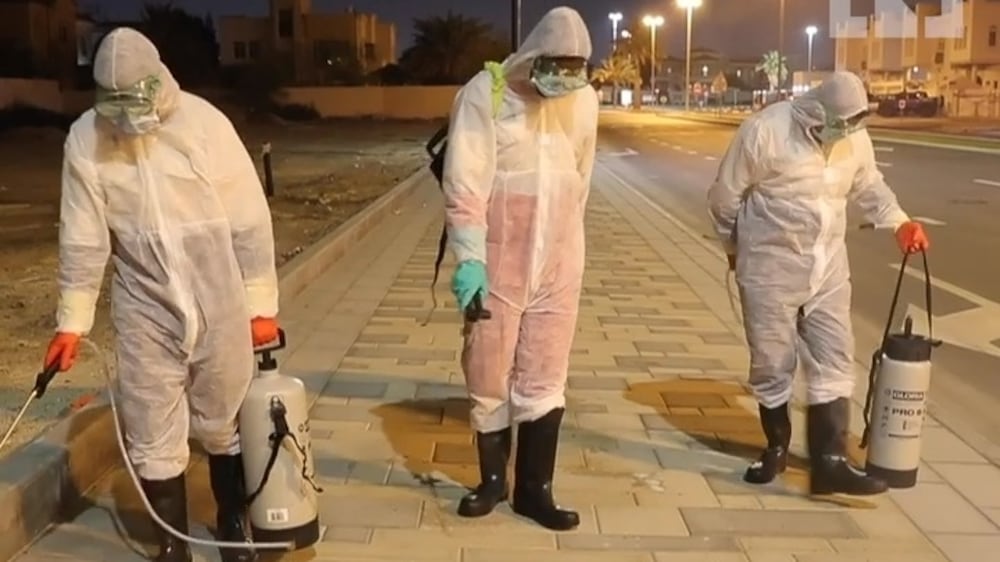
Next into the fray are helper T-cells, killer T-cells and B-cells, which attack the virus with a host of biochemical weaponry. One team of researchers reported in Nature Medicine this month that the immune system of a healthy 47-year-old woman from Wuhan, China – site of the original outbreak – battled the virus for over a week until she recovered.
So far, the evidence is that most people can rely on their immune systems to bring them back to health. But it’s also clear that for some, the fight is far tougher – and sometimes ends in defeat.
The most obvious reason is having a weaker immune system. Elderly people are a case in point, along with having underlying health conditions. These increase the risk of being unable to survive the molecular war between the virus and the immune system.
Smoking is also emerging as a significant risk factor, given its notorious link with impaired health and increased risk of respiratory disease.
The latest review of the evidence found the increased death rate among smokers seen in outbreaks of influenza and Mers is likely to be seen with Covid-19.
But cases of young, fit and apparently healthy people succumbing to Covid-19 are focusing attention on a tragic irony: that the sheer strength of the immune system response can prove fatal.
Researchers in the UK have warned that a significant number of patients with severe Covid-19 infections may have so-called cytokine storm syndrome, in which their immune system triggers severe inflammation.
Reporting their concerns in The Lancet, the team points out that markers of this syndrome have been seen in patients with severe cases of Covid-19, and state that "mortality might be due to virally driven inflammation".
If correct, this suggests that such patients may benefit from drugs that reduce the level of immune response. In the meantime, the researchers suggest that all patients with severe Covid-19 are screened for signs their immune system is doing more harm than good.
Meanwhile, other researchers are tackling another key question: how long do those who recover remain protected against the coronavirus that causes Covid-19?
For some viral diseases, such as measles, the antibodies created to fight the infection last a lifetime.
But coronaviruses are a potential exception, with infection giving only a few years of protection. No one knows how long antibodies against the Covid-19 virus remain effective. Until that mystery is resolved, it would be a mistake to claim a final victory over this global scourge.
Robert Matthews is visiting professor of science at Aston University, Birmingham, UK

